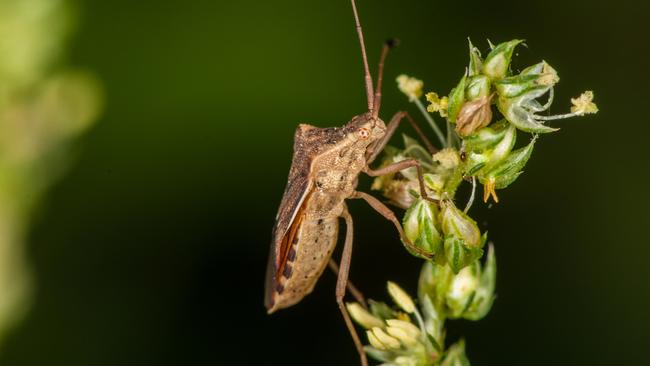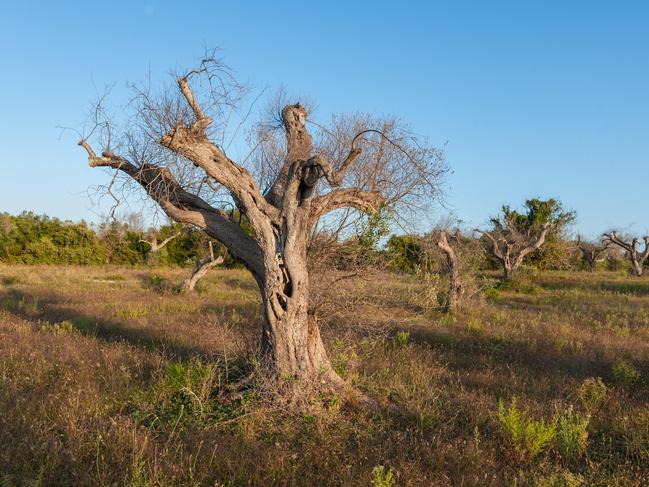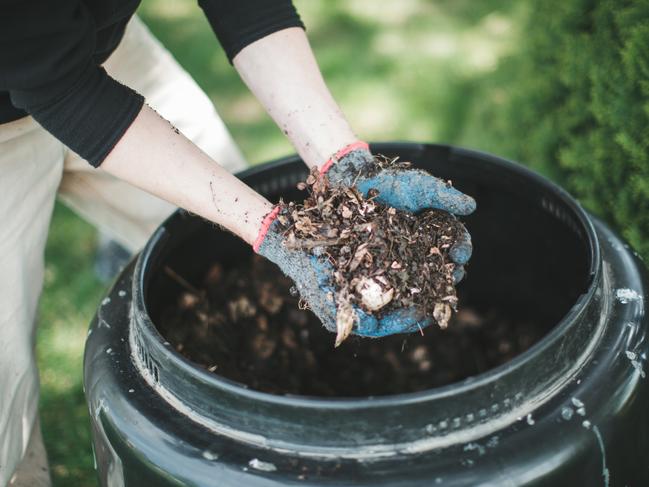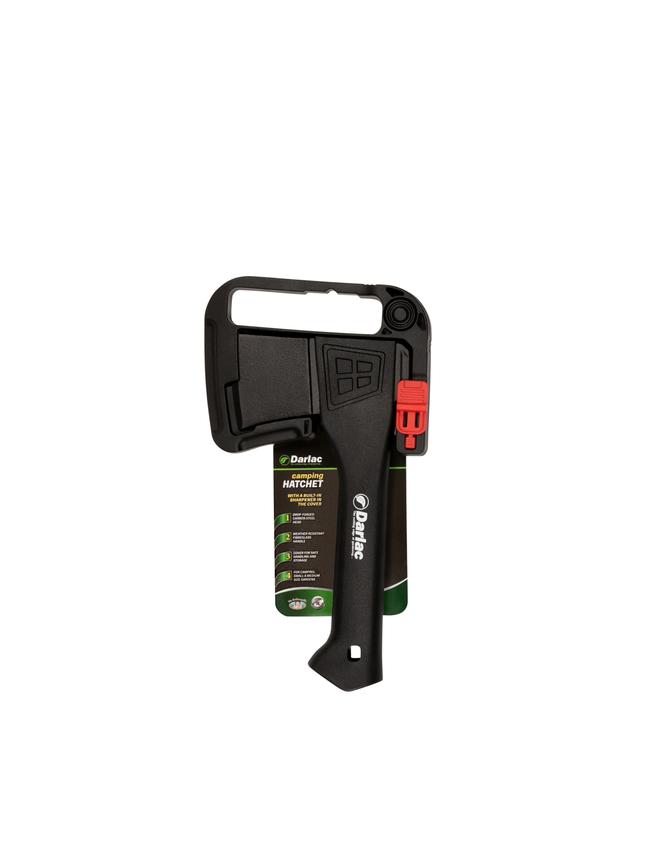Biosecurity: we’ve all got a part to play
Australia has to constantly deal with a raft of biosecurity threats. How can we all do our bit?

Seems we’re all talking about biosecurity. But human health and Covid-19 aside, the protection of plant and animal health has long been important to our island nation. We wage a constant battle to keep out a huge range of damaging pests and diseases that flourish across the world.
In one sobering example, biosecurity officers found a lime tree in a passenger’s luggage that was infested with citrus canker as well as Asian citrus psyllids, which spread another one of the deadliest citrus diseases globally. The introduction of either could have devastated our entire citrus industry.
Just a few of the better-known threats we work to keep out include African swine fever, foot and mouth disease, varroa mites that attack bee hives, bird flu, fire blight that infects the rose family, especially apples and pears, and the Xylella bacterial disease that is decimating olive trees internationally. Australia now has many of the world’s oldest elm trees because everywhere else they’ve been killed by Dutch elm disease.

The brown marmorated stink bug, a voracious feeder on a wide range of food crops, is high on the biosecurity radar right now. We are technically free of BMSB, but it’s been intercepted at the border – hitching a ride in cargo – many times in recent years.
Myrtle rust was first detected on the NSW Central Coast in April 2010 but early containment and eradication attempts failed; the virulent fungus has now been found in most states. Affecting Australia’s dominant plant family, Myrtaceae, which includes eucalypts, melaleucas, lillypillies and tea-trees, it has the potential to alter our ecology.
A recent initiative from the national Department of Agriculture, Water and the Environment is “Plate it. Don’t plant it”. This encourages people not to plant in the garden foods they bought to eat such as vegetables, spices and fruits, whether fresh, dried or preserved. Think cloves of imported garlic or seeds from an imported orange. Of course, my first recommendation is not to buy imported fresh fruit and vegetables at all – buying Australian supports our farmers and gives you fresher produce without the food miles. But even planting Australian-grown food plants is being discouraged, as some diseases such as bacterial wilt of potatoes, currently limited to certain regions, could be spread further. Adding food scraps to your compost bin or worm farm greatly reduces the likelihood of contamination.

The biosecurity risks within Australia are significant, especially between states. About 80 plant pests or diseases are considered regionalised and subject to movement restrictions. Tasmania is blessed to be free of many mainland pests, including fruit fly and house-eating termites. It has some of the world’s most stringent biosecurity requirements – all plants, soil, bulbs, fruits or vegetables are prohibited unless you have a permit and many seeds are restricted.
Western Australia has many restrictions and South Australia is constantly fighting to keep out Mediterranean fruit fly; reported outbreaks in home fruit trees are regularly contained.
When you order seeds, bulbs and plants online, you’ll often find suppliers are not allowed to ship to these states. To stay safe, buy only from reputable Australian companies, and check restrictions before you travel, send or buy items, using the resources listed.
Good to know
Buying seeds from overseas is subject to strict laws. See agriculture.gov.au/biosecurity/legislation
Report suspected pests, diseases or weeds to the Exotic Plant Pest hotline 1800 084 881
Useful resources: interstatequarantine.org.au biosecurity.gov.au agriculture.gov.au/pests-diseases-weeds; awe.gov.au
Q&A
Can you recommend a DIY guide to maintain and sharpen my Felco pruning shears – or should I take them somewhere for winter servicing? Lynette Howell, by email
Clean, sharp and well-oiled tools last longer and make pruning easier. Felco has a series of video tutorials on its website. Quality tools like these can be dismantled for thorough cleaning and to replace worn parts. For regular sharpening, you can use a sharpening stone but I find Istor’s professional sharpener (forestrytools.com.au) is easy to use. Some lawn mower shops do a great job servicing pruning tools but it depends on the operator.
How can I get rid of the cockroaches infesting my two worm farms? The creatures seem to survive together but I think worm numbers are down. Don Frayne, Perth
Cockroaches love humidity, darkness, food and warmth, making worm farms and compost bins ideal winter homes. Try taking the lids off for periods of light; the worms will work at lower levels. Food grade diatomaceous earth kills cockroaches and many insects but doesn’t harm earthworms.
When is the best time to re-pot Monstera deliciosa? Recently three family members have been given one and unfortunately I’m regarded as the garden guru. What mix should we use? E Beck, Sydney
Spring is ideal but really, indoor plants in Sydney could be repotted any time, especially a plant this tough. Use a top-quality potting mix (Debco and Osmocote are good) but add 30-40 per cent orchid mix and/or perlite to improve aeration and drainage. Ensure the new pots have generous drainage holes, as overwatering causes root rot.

Send your questions to: helenyoungtwig@gmail.com or Helen Young, PO Box 3098, Willoughby North, NSW 2068. July’s best question wins a Darlac splitting axe ($99) and camping hatchet ($55) from mrfothergills.com.au




To join the conversation, please log in. Don't have an account? Register
Join the conversation, you are commenting as Logout